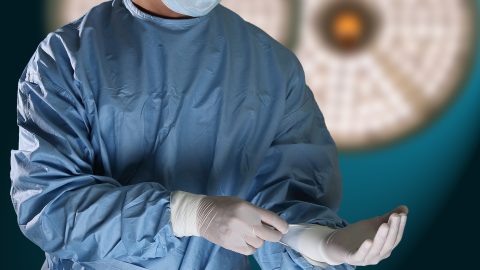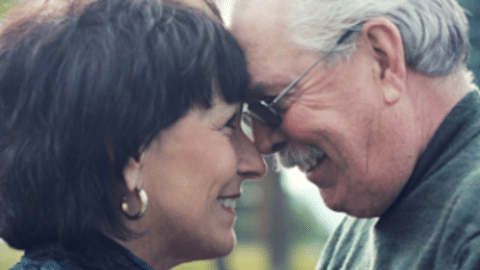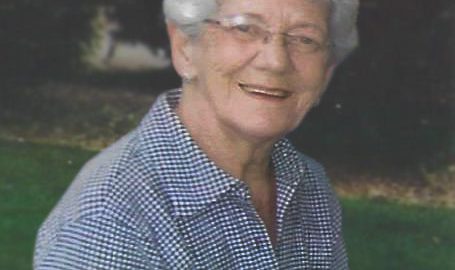Mark tells his story of a prostatectomy and traveling the road to recovery with the team at Urology Associates I want to give shout out
Read MorePatient Stories
His Successful Prostatectomy Proves All Urologists Are Not Equal
Our patient wrote this story about his life-changing treatment for BPH and elevated PSA with us, after he lost confidence in his previous
Read MoreOn Your Mark, Get Set, Go Become a Cancer Survivor
Elaine shares her story of how faith in herself, Dr. Fagelson and God helped her reach the finish line – now her story serves as motivation for
Read MoreSimple Cancer Screening Saved Gary’s Life
Controversy over getting a PSA test caused him to pause screening for two years, but a change of heart in year three found prostate cancer. Gary,
Read MoreRising PSA Had Gary Down in the Dumps, But CyberKnife Changed All That
A typical man who avoided prostate diagnostics, Gary turned to CyberKnife when the tests found cancer - and now recommends it to
Read MoreFor Men with BPH Symptoms, No Drugs, No Surgeries, Just Relief
Two Colorado men experience what life was like before BPH – and Rezūm therapy Benign prostatic hyperplasia (BPH) is an enlarged prostate and
Read MoreAnxiety About Prostate Cancer Leads to CyberKnife Success
Our patient Dan tells in his own words why he came from New Mexico to Denver for CyberKnife treatment, and it was so simple and pain-free he felt a
Read MoreHeart Surgeon Chose CyberKnife for His Prostate Cancer Treatment
And he’s very glad he did, dodging side effects of incontinence and impotence that can often occur with traditional treatments. Dr. John Richards
Read MoreHardly Par for the Course Prostate Cancer Treatment
Diligent doctor checkups & radiation seeds removed this avid golfer’s slow-growing prostate cancer As a 62-year-old self-employed
Read MoreA Courageous Battle with Prostate Cancer
After discovering an enlarged prostate, high PSA and early-stage prostate cancer, Larry's experience with Cyberknife offered a comforting approach to
Read MoreTwo Down but Testicular Cancer Free
Pete earned his "racing stripes" from surgery to remove his testicles at Christmas time — and they proved to be a life-saving gift. If people
Read MoreActive 81-Year-Old Takes Cancer and Kidney Loss in Stride
When diagnosed with cancer, always active and healthy Jean took a step back and relied on her faith to help her through a trying
Read MoreWatchful Waiting Not an Option for Retired Navy Pilot
CyberKnife removed his prostate cancer, as he relates in his own words. I began getting yearly physical exams when I entered the United States
Read MoreKidney Gone and Cancer Free
Diagnosed with kidney cancer, Don Bosson found both comfort and success at Urology Associates. Don Bosson’s urine was darker than normal one
Read MoreHow His Wife and CyberKnife Cured Bob’s Prostate Cancer
This couple looked desperately for an alternative prostate cancer treatment and found their answer at Anova, a story Bob tells here in his own
Read More














